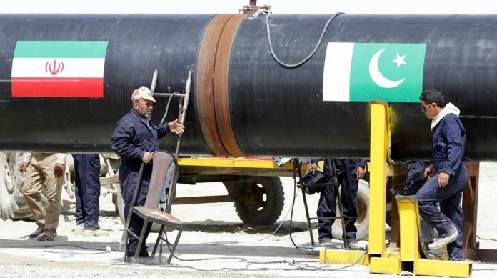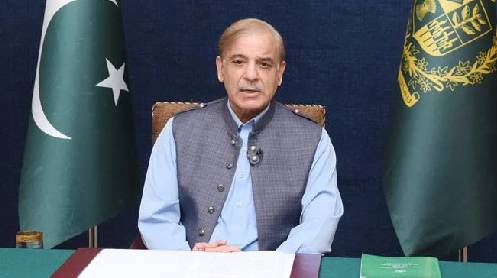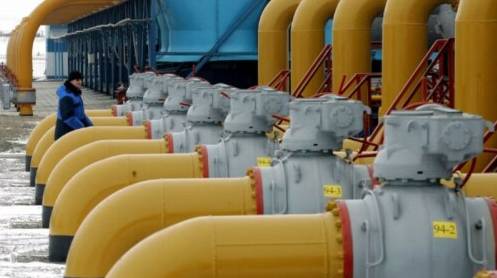Pakistan is making a case for a US waiver regarding the Iran-Pakistan (IP) gas pipeline to address its pressing energy requirements and avoid potential penalties amounting to $18 billion if Iran opts for arbitration through a France-based mechanism.
In a letter addressed to President Joseph R. Biden, an energy and water consultant and adviser to the Centre for Research and Security Studies (CRSS), Arshad H. Abbasi, underscored Pakistan’s strategic alignment with the US historically, particularly during significant global events such as the USSR invasion of Afghanistan. However, Abbasi pointed out that Pakistan’s pleas for assistance during crises, notably the ongoing energy crisis, have often been met with limited support from the US.
Abbasi argued that Pakistan’s energy landscape heavily relies on natural gas, with depleting reserves and a significant reliance on expensive LNG imports contributing to high inflation. He highlighted the Iran-Pakistan Gas Pipeline (IPGP) as a potential solution, emphasizing that the Inter-Governmental Framework Declaration for the pipeline was signed before US sanctions on Iran came into effect.
The letter urged the Biden administration to grant a waiver on sanctions related to the IP gas pipeline, citing the potential benefits of cleaner and more affordable energy for Pakistan’s 250 million citizens. Abbasi emphasized that such a waiver could foster goodwill towards the US among Pakistanis and encourage global financial institutions to support the project financially.
Additionally, Abbasi referenced past US contributions to critical infrastructure projects in Pakistan, such as the Indus Waters Treaty and the construction of hydel power dams, highlighting the historical partnership between the two countries in addressing vital national challenges.
Story by Khalid Mustafa





